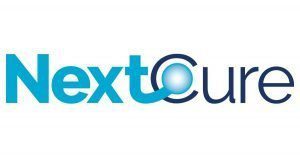
To Improve Healthcare, Startup IndyGeneUS Is Building a More Equitable Genomic Data Repository
To improve healthcare, startup IndyGeneUS is building a more equitable genomic data repository
Maryland founder Yusuf Henriques wants to make genomic data more accessible with his new startup.
Yusuf Henriques believes our understanding of genes and medicine is incomplete without more people of color and women in clinical research trials.
(Image by Flickr user National Human Genome Research Institute, used via a Creative Commons license)
In the early days of the COVID-19 pandemic, many people picked up an indoor hobby or two. For DC founder Yusuf Henriques, it was hackathons.
At the time, Henriques co-created a virtual hackathon on racism and healthcare from the Massachusetts Institute of Technology, which led him to look closer at a particular aspect of healthcare.
“We started looking at the structural racism that has been built into the system, lack of access, not enough women and minorities in clinical trials,” Henriques told Technical.ly. “I led that track in the lack of diversity in clinical trials.”
Following the hackathon, he decided to take matters into his own hands by creating IndyGeneUS (pronounced like “indigenous”). The DC-based genomics startup looks to drive health equity with sequencing — protected by blockchain — while also trying to create more effective treatments by increasing people of color and women’s participation in clinical trials. Currently, the company is a lab resident at Johnson and Johnson’s JLABs and also created a lab in Cape Town, South Africa (presently, fewer than 2% of sequenced genomes worldwide are African). All in all, he wants to create the world’s largest repository of diasporic African clinical and genomic data, all of which is blockchain-secured.
Read the full article at: technical.ly
- About the Author
- Latest Posts
BioBuzz is a community led, experience focused, biotech and life sciences media and events company. BioBuzz highlights regional breaking news, industry professionals, jobs, events, and resources for business and career growth. Their weekly newsletter is subscribed to by thousands in the BioHealth Capital Region and Greater Philadelphia as the go-to for industry updates.





